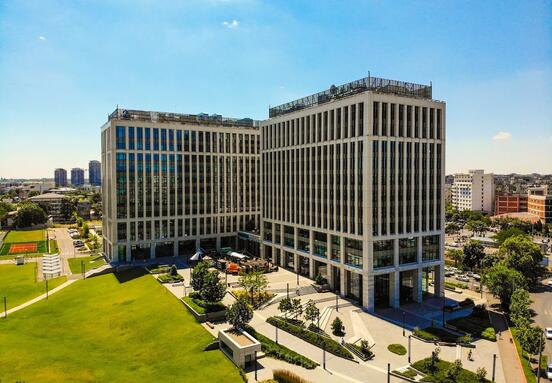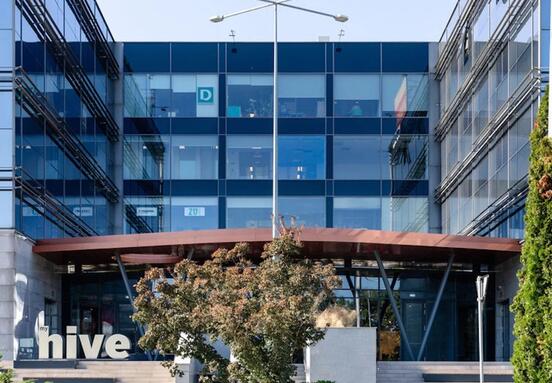Romania's property tax overhaul delayed, but impact looms
Romania is embarking on a significant reform of its property tax system, a move long advocated by domestic and international bodies like the World Bank and OECD. The goal is to modernize the system, increase local budget revenues, and align property values used for taxation with actual market values. While initially planned for earlier implementation, the reform has been postponed multiple times, now targeted for 2026 by Emergency Ordinance no. 124/2024. A new dedicated department, RO e-Proprietate, is being established within the Ministry of Finance to build the necessary digital infrastructure for this transformation.
Market value assessment: what it means for commercial properties
Currently, commercial properties are often assessed using methods like the GEV500 standard, a cost-based valuation updated periodically. The proposed reform signals a strong preference for basing property taxes on market value. This fundamental shift means that properties, whether office buildings, retail spaces, or warehouses, will likely face higher taxable values, reflecting current market conditions rather than outdated assessments.
Potential for higher rent costs for businesses
Assuming tax rates remain unchanged, a transition to market value-based taxation will likely result in increased property tax bills for commercial property owners. For businesses renting office or warehouse space in Romania, this is a critical point. Landlords facing higher operating costs due to increased property taxes are likely to pass these expenses on to their tenants through rent adjustments. While the percentage increase might be less steep than for some residential properties currently assessed at very low values, the absolute increase in tax amounts for valuable commercial properties could be substantial.
This potential rise in rent costs could add pressure on businesses operating in Romania, impacting profit margins and potentially influencing decisions regarding expansion or location. In an already dynamic economic environment, understanding and preparing for these potential cost increases is essential for strategic financial planning.
Implementation and what comes next
The exact parameters of the reform, including specific tax rates and calculation methods, are still being finalized. The success and final impact will depend heavily on how taxable values are determined under the new system and the tax rates applied by local authorities. While the reform is a commitment under Romania's National Recovery and Resilience Plan (PNRR), a proper public debate and careful implementation considering the broader economic context are crucial.
Businesses leasing commercial space in Romania should closely monitor developments regarding this property tax reform as 2026 approaches. Staying informed about how taxable values are assessed and the potential impact on rent structures will be key to navigating the evolving real estate landscape.
Source: property-forum.eu







